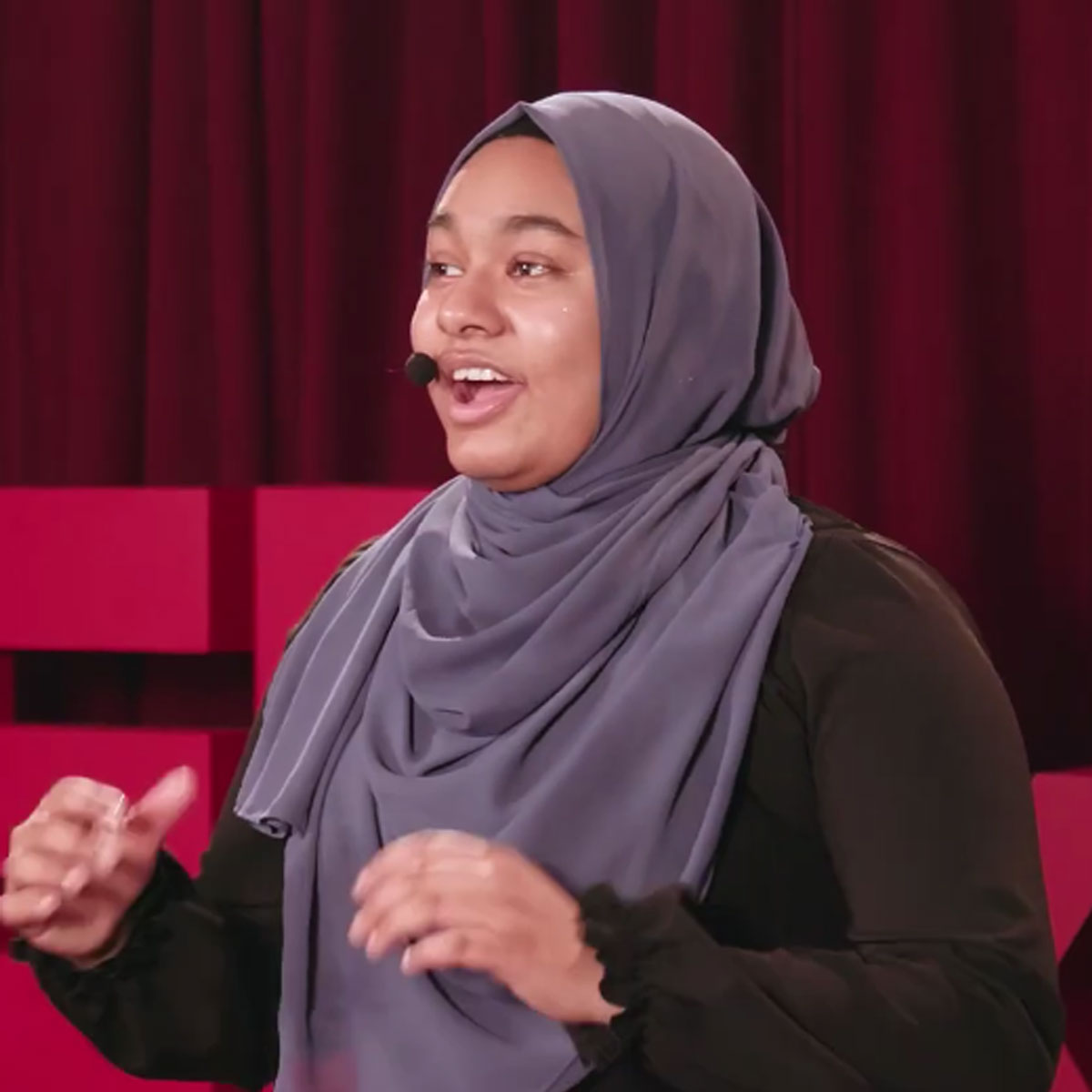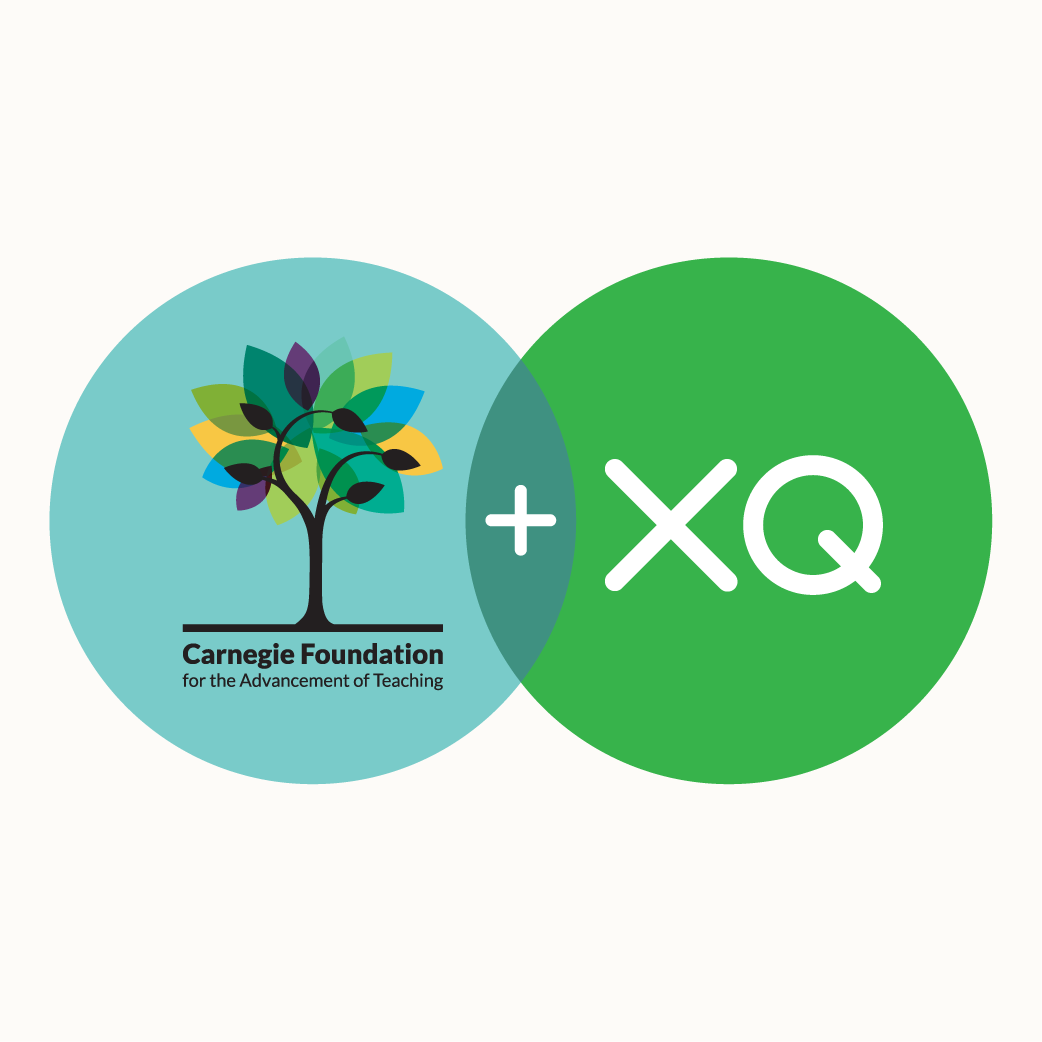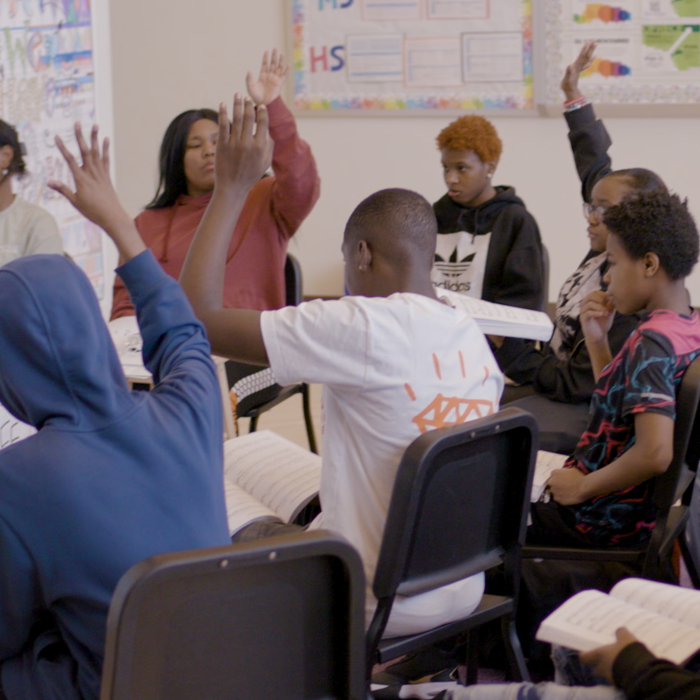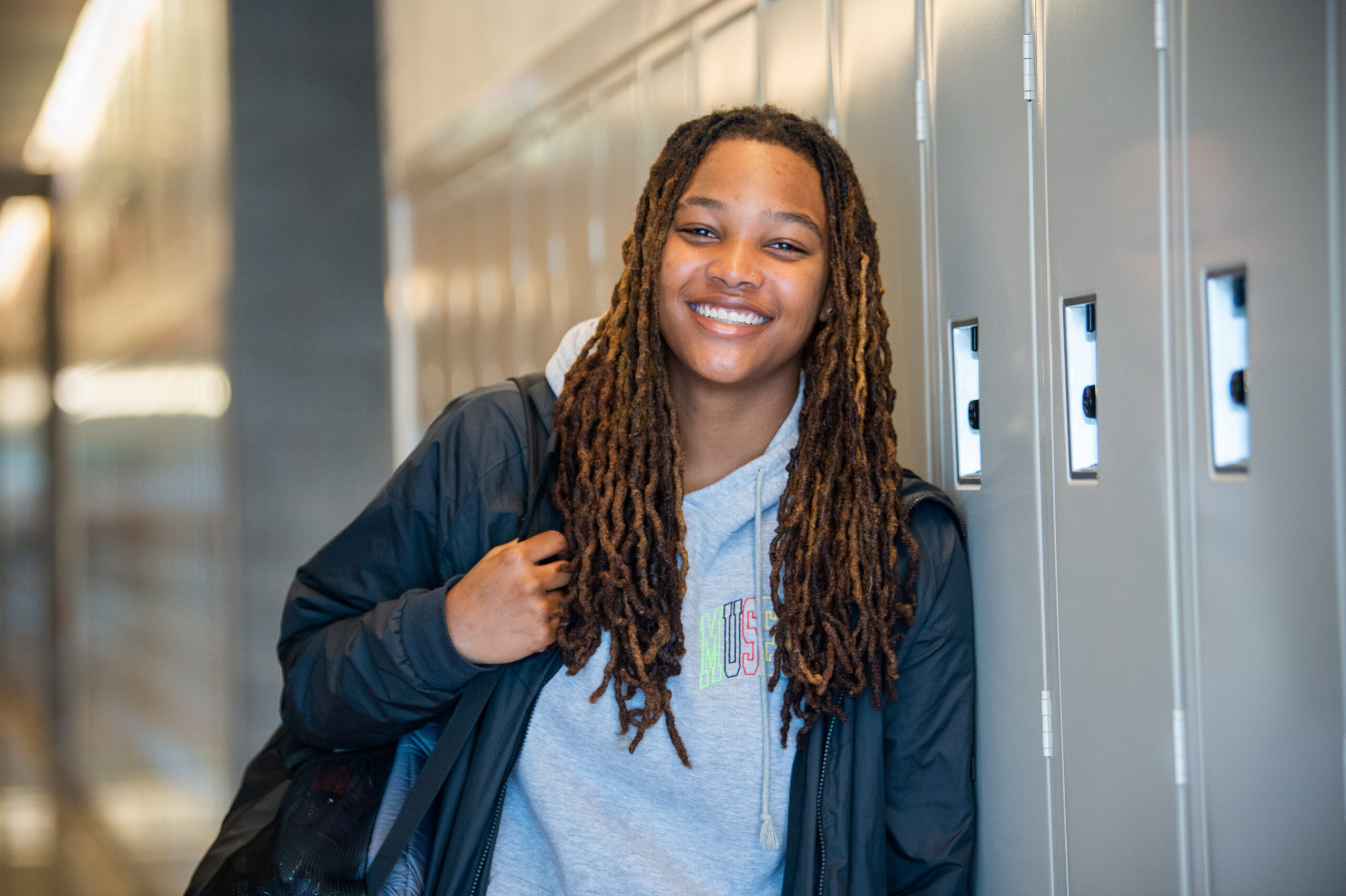Brooklyn Laboratory High School
Brooklyn, New York


Educating
all learners.
Brooklyn LAB is a charter high school dedicated to serving the highest-need students, regardless of their academic level, English language proficiency, or disability. One-third of students receive special education support, showing the country what’s possible for complex learners.
Located in downtown Brooklyn, Brooklyn Laboratory Charter School (LAB) was founded as a middle school in 2014 to give outstanding teachers access to the technology needed to personalize learning for all students. In 2016, the school’s founders entered the XQ Super School Challenge to bring their full vision for LAB to life by adding a rigorous college-preparatory high school. Its goal is to give all learners an academic foundation built on research, reasoning, data and digital literacy, and the leadership skills they need to succeed in college and professionally.
Brooklyn LAB high school serves about 560 students. Leaders at Brooklyn LAB are committed to hiring a teaching staff that mirrors their student population. Teachers work to form personal relationships with students to provide stability and gain a better understanding of how to serve their students’ needs.
The school’s experience serving complex learners with personalized instruction led other schools to seek the advice of its educators on how to support students with disabilities during the COVID pandemic. In response, Brooklyn LAB joined five other partners in creating the Educating All Learners Alliance (EALA)—unveiling a digital hub and online community for schools and districts to join webinars, access professional development resources, and more. EALA has continued to grow since then with the support of disability rights advocates, nonprofit education organizations, and parents.
Design Principles in Action
Learn how Brooklyn LAB applies these XQ Design Principles to sustain student success
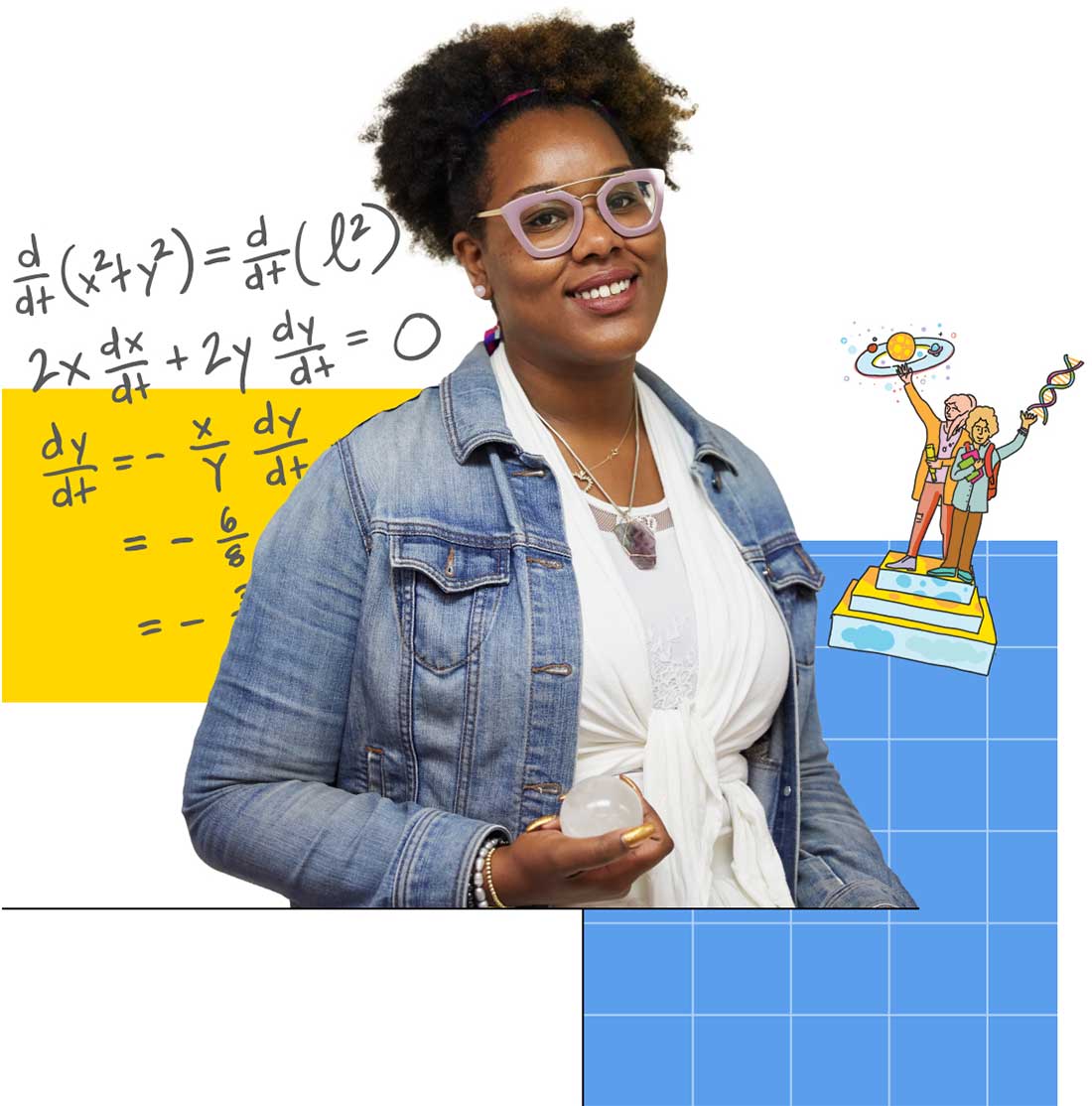
Strong mission and culture
Brooklyn LAB has a greater share of students with special needs than average for New York City public schools, whether district or charter, and its mission is to make sure they graduate ready for college and careers. Built into every aspect of Brooklyn LAB is strong teacher development—from its hiring process to its master schedule. The school’s Advanced Placement for All approach means teachers view all learners as capable of meeting rigorous academic standards, and all students have access to increased rigor and college-level academics.
Meaningful, engaged learning
LAB’s internship course doubles as a college-readiness program. This course helps scholars explore potential future career paths and areas to specialize in during college while also building meaningful relationships across their peer and professional networks. Brooklyn LAB designs and hosts events that are deliberately representative of its student population. The Black History Month/Career Day event, “Success Looks Like Me: Celebrating Black Professionals” in 2023, included more than 20 Black professionals on a panel to share their life/career experiences. Students chose a participant to get to know them better, ask questions, and network.
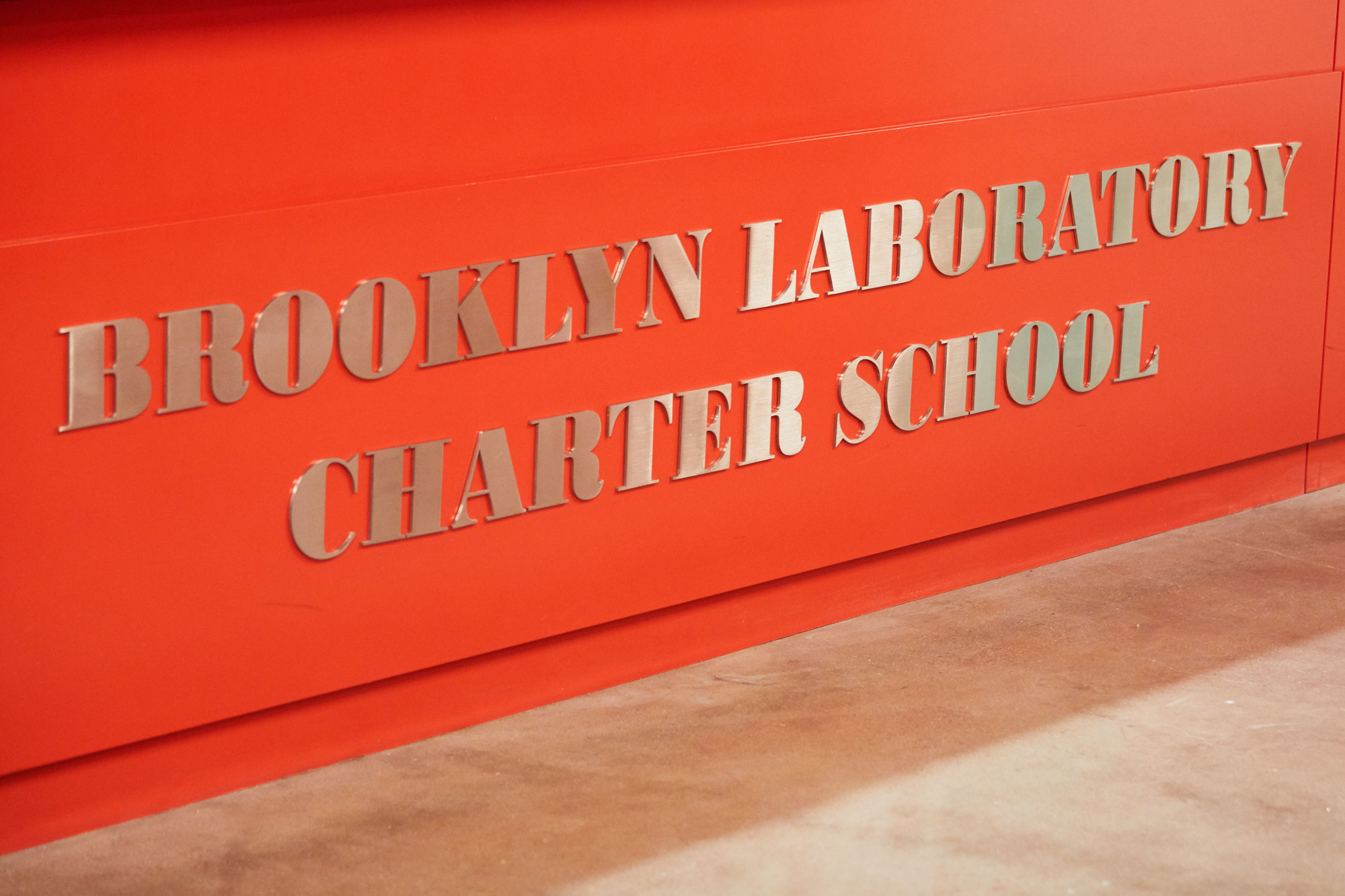

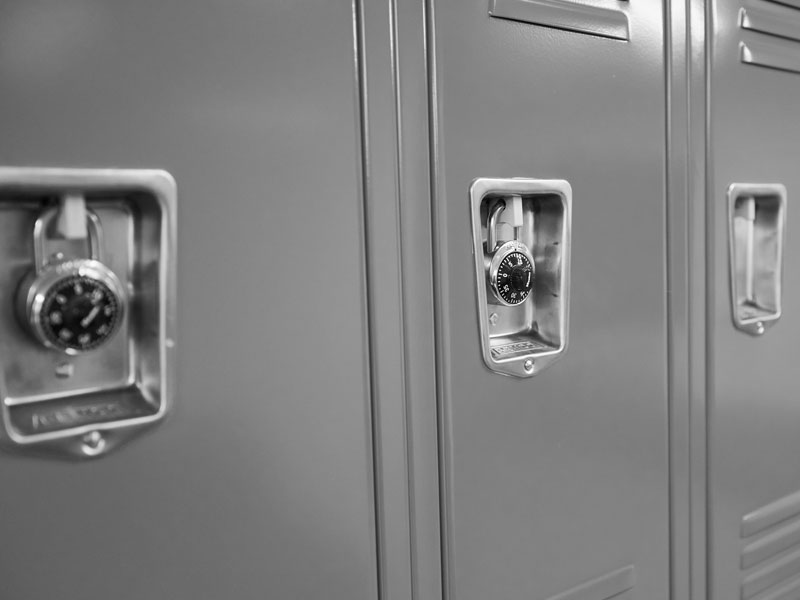
Caring, trusting relationships
Teachers work to form personal relationships with students to provide stability, better understand how to serve their students’ dynamic needs and ensure everyone feels well-known. Every student at Brooklyn LAB has a personal success coach who fosters and maintains high expectations and employs strength-based and culturally relevant approaches in their support. The school worked especially hard after COVID to keep students on track. To promote the concept of self-care and social/emotional learning support, students have daily advisory periods, which have a different wellness theme for each day of the week. The school made a serious commitment to helping students who struggled academically during COVID, implementing aggressive levels of intervention during lunch, after school, and over school vacations. In 2022, the school started Operation: Finishline, a six-week college preparatory program for 12th graders.
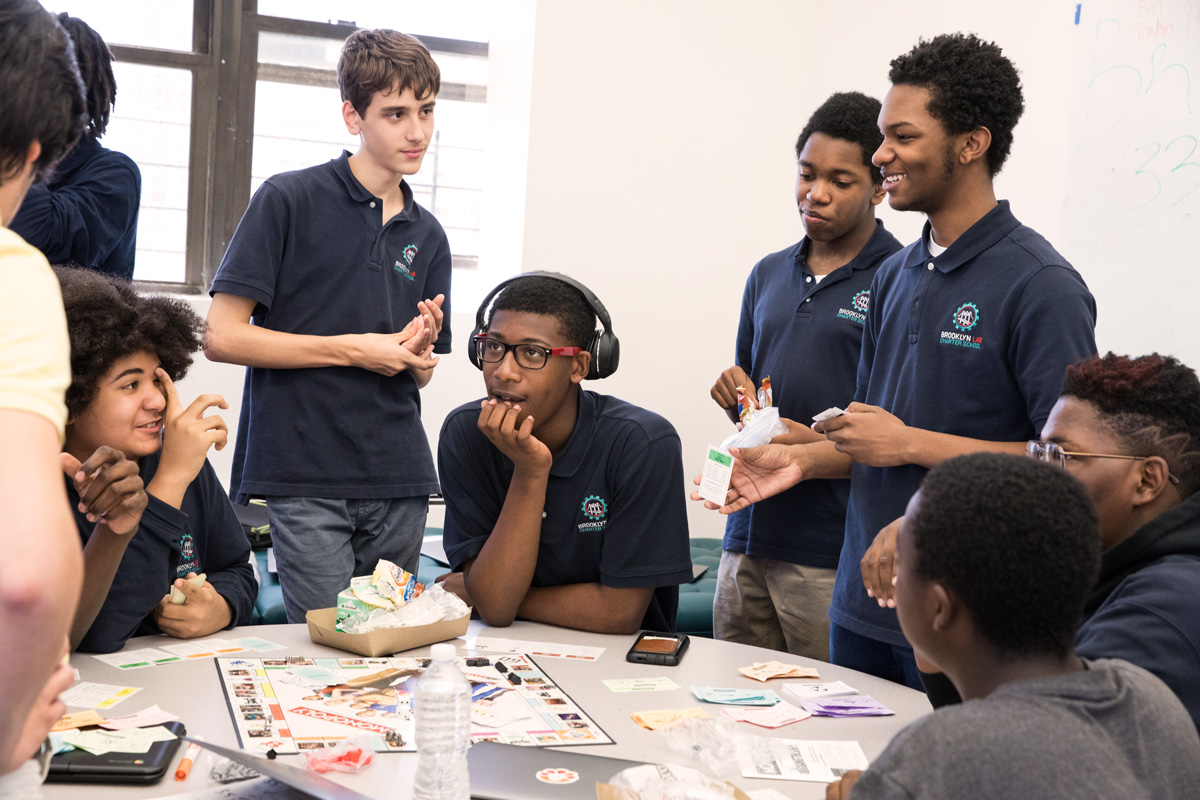
Community partnerships
Brooklyn LAB connects students with learning opportunities such as internships, mentoring, and work-based projects outside traditional school walls through partnerships with groups and initiatives such as the Amazon Future Engineers Program, a comprehensive childhood-to-career program aimed at increasing access to computer science education for children and young adults from underserved and underrepresented communities. The goal is to close opportunity gaps for young people in their changing neighborhoods by connecting low-income students with thriving local businesses.
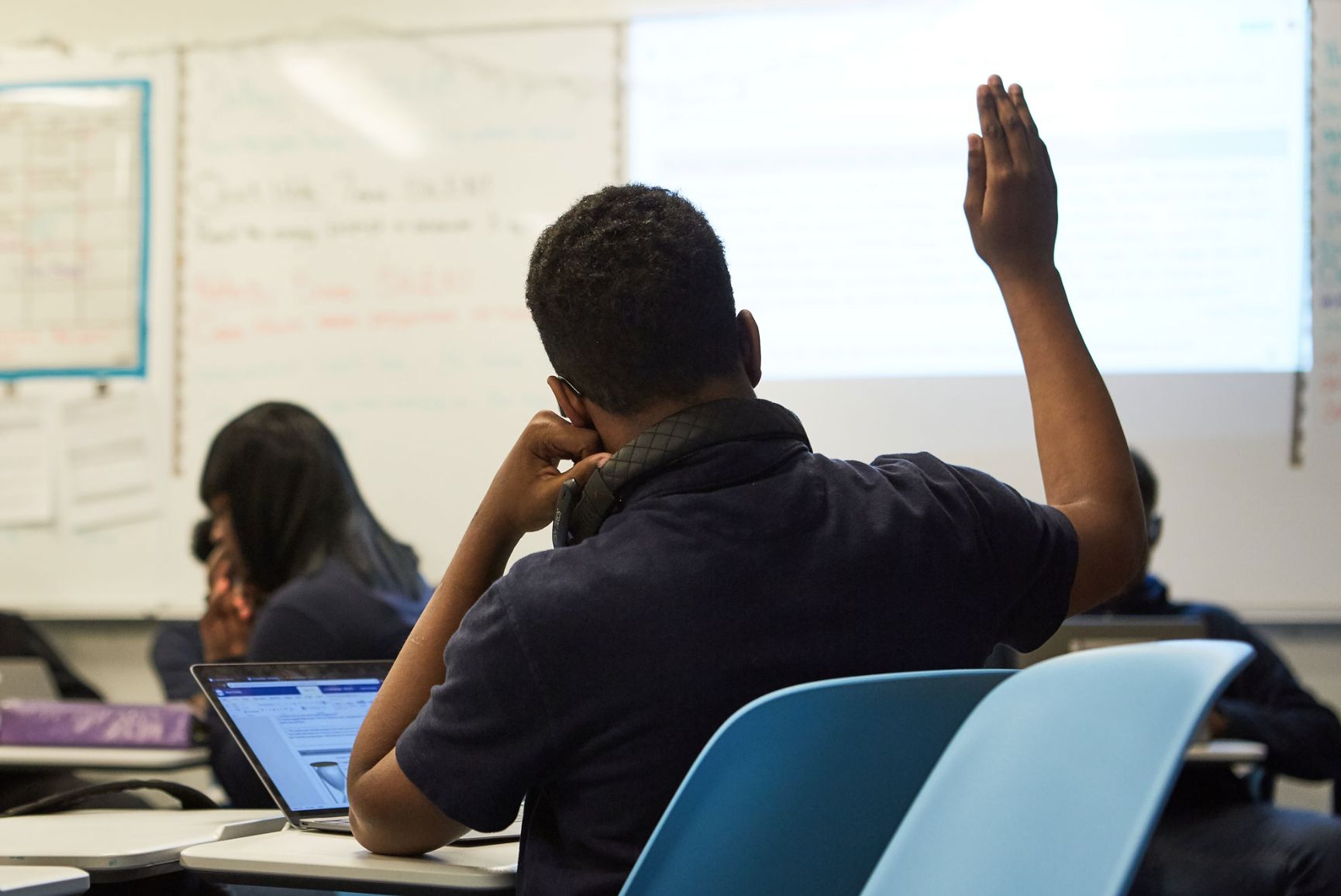

Student Outcomes
In 2022, Brooklyn Lab graduated almost 95 percent of its 99 seniors in four years. This compares to a four-year graduation rate of 83.7 percent in the New York City Public Schools, 72.2 percent for New York City charter schools, and 87 percent statewide.
In 2021–22, 100 percent of Brooklyn LAB students were from low-income families that qualified for the federal free and reduced-price lunch program. The school also has a greater share of students with special needs than the average for New York City public schools, whether district or charter.
According to XQ’s Senior Survey for the class of 2022, nearly eight in ten Brooklyn LAB 12th graders said they felt at least somewhat prepared for the future (79 percent). Of those students, two in three (65 percent) said they had developed creativity and problem-solving skills during high school that made them feel prepared for the future.
When asked which aspects of Brooklyn LAB had helped them achieve their goals, two answers stood out for the school’s 12th graders: “lets me work at my own pace until I truly master the things I need to learn” (56 percent) and “opportunities for students to play leadership roles” (46 percent).
Learn More
See Brooklyn LAB- Campus Road Trip Diary: 8 Things We Learned This Year About America’s Most Innovative High Schools
- Opportunity Grows in Brooklyn: How One High School Rebounded From COVID By Re-engaging Students & Restoring Teacher Morale
- BK School Launches College Boot Camp to Combat Declining Undergrad Enrollment Numbers
- Personalized Learning Part 2: Three ways the Brooklyn Lab Charter School is Personalizing Learning for All Students
- The First Graduates of this Brooklyn High School Prove that Perseverance Pays Off
